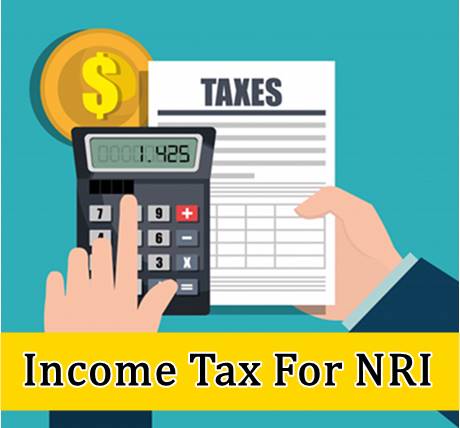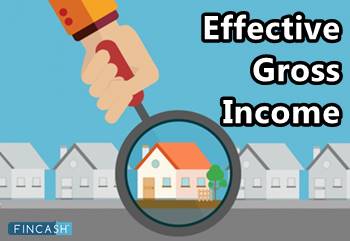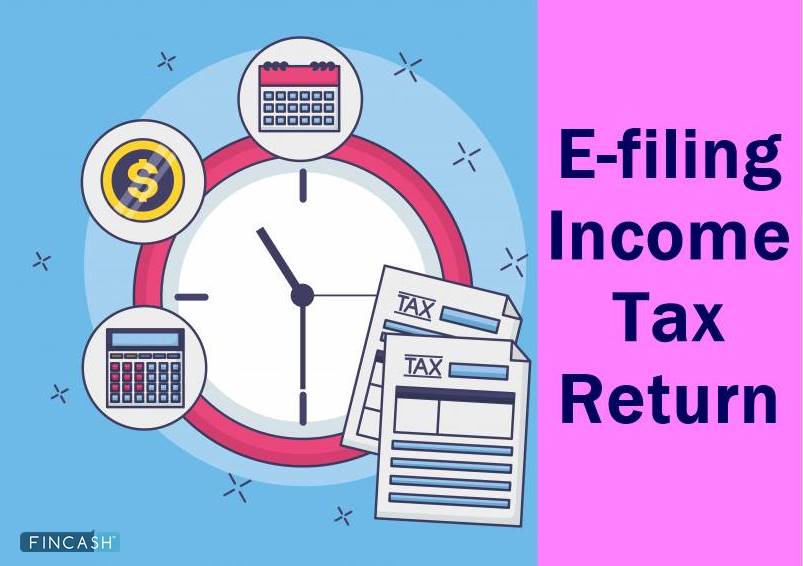
Table of Contents
Income Effect: Understanding Its Role in Consumer Behaviour
What is the Income Effect?
The Income effect is a fundamental economic concept that refers to the change in the demand for goods and services resulting from changes in a consumer's income. When consumers experience an increase in income, their purchasing power also rises, allowing them to buy more goods and services, which drives demand.
In Economics, the income effect plays a crucial role in the consumer choice theory. This theory explains how changes in income can influence consumer spending patterns, ultimately impacting the Demand Curve. Simply put, as a consumer's income rises, they tend to purchase more of the same goods and services, especially those deemed essential. The income effect contrasts with the substitution effect, another important concept in consumer choice theory. While the income effect focuses on the impact of income changes, the substitution effect looks at how price changes for certain goods can influence consumers to switch to alternatives.
Income Effect vs. Substitution Effect
To understand the broader picture of consumer behaviour, it is important to distinguish between the income effect and substitution effect. The income effect occurs when a rise in income enables consumers to afford more of the same products. In contrast, the substitution effect happens when a change in the price of a good causes consumers to switch their purchases to cheaper alternatives.
For example, if the price of coffee rises significantly, consumers might substitute it with tea if it’s less expensive. The substitution effect captures this shift, whereas the income effect would describe how a consumer’s increased income leads to a higher quantity demanded for coffee, even if its price remains constant.
How Does the Income Effect Impact Demand?
When income increases, consumers have more disposable income to spend, which leads to an increase in the demand for certain goods. However, the income effect can manifest differently based on the type of good. There are two primary types of goods that are most impacted by the income effect: normal goods and inferior goods.
Normal Goods
Normal goods are products for which demand increases as income rises. For instance, when a person receives a salary increase, they may buy more of high-quality items like organic food, premium gadgets, or branded clothing. This increased demand results from the higher purchasing power that the consumer now enjoys.
Inferior Goods
On the other hand, inferior goods are products for which demand decreases as income rises. These are typically lower-cost alternatives, such as instant noodles or second-hand clothing. When consumers experience an increase in income, they may shift towards purchasing higher-quality alternatives, reducing their demand for inferior goods.
Talk to our investment specialist
Example of Income Effect: A Practical Scenario
Let’s consider a practical example to illustrate how the income effect works in real life:
Scenario: Jaya, a salaried professional, earns Rs. 10,000 a month. She purchases the following basic essential items every month:
- Onion: Rs. 25 per kg
- Tomatoes: Rs. 20 per kg
- Coffee Powder: Rs. 60 for 500 grams
Now, let’s assume Jaya gets a salary hike and her income increases to Rs. 12,000 per month. Due to the higher income, Jaya is now able to afford more goods, and her consumption pattern changes:
- Onion: She buys 2 kg of onions instead of 1 kg.
- Tomatoes: She purchases 2 kg of tomatoes instead of 1 kg.
- Coffee Powder: Jaya’s demand for coffee powder remains the same, as it’s an essential item she uses frequently.
In this example, Jaya's demand for onions and tomatoes increased as her income rose, which is a clear demonstration of the income effect. However, her demand for coffee powder remained unchanged because it is already an essential part of her daily routine, and the increase in her income didn’t significantly impact her desire for more of it.
How Price Changes Affect the Income Effect
The income effect is also influenced by price changes. For example, if the prices of essential items such as onions, tomatoes, or coffee powder fall, Jaya can afford to buy more of them, even if her income remains the same. This is a typical example of how deflation (fall in prices) leads to an increase in the demand for goods.
However, the reverse can happen if the price of an item rises. For instance, if the price of coffee powder doubles from Rs. 60 to Rs. 120 for 500 grams while Jaya’s income stays the same, she might reduce her consumption of coffee and switch to a more affordable substitute, such as tea powder.
The Role of Consumer Behaviour in the Economy
The income effect has far-reaching implications on the Economy. When income levels rise for a large group of people, the overall demand for goods and services increases. This can lead to Economic Growth, as businesses respond to higher demand by producing more goods. However, if income inequality is high, the income effect may not be felt equally across all segments of society, which can exacerbate disparities in consumption patterns.
Why Understanding the Income Effect is Important for Financial Planning Understanding the income effect is critical for personal financial planning. It helps individuals predict how their spending habits might change with a salary increase or bonus. Additionally, the income effect can be useful for businesses to anticipate changes in consumer demand and adjust their pricing and production strategies accordingly.
Conclusion
In summary, the income effect is a vital concept that explains how changes in income influence consumer demand. As income rises, consumers tend to buy more normal goods, while demand for inferior goods decreases. Understanding this concept can help businesses and individuals make informed decisions about spending, saving, and Investing. As the economy continues to evolve, it’s essential to stay updated on how income and price changes affect consumer behaviour to make better financial decisions.
All efforts have been made to ensure the information provided here is accurate. However, no guarantees are made regarding correctness of data. Please verify with scheme information document before making any investment.












